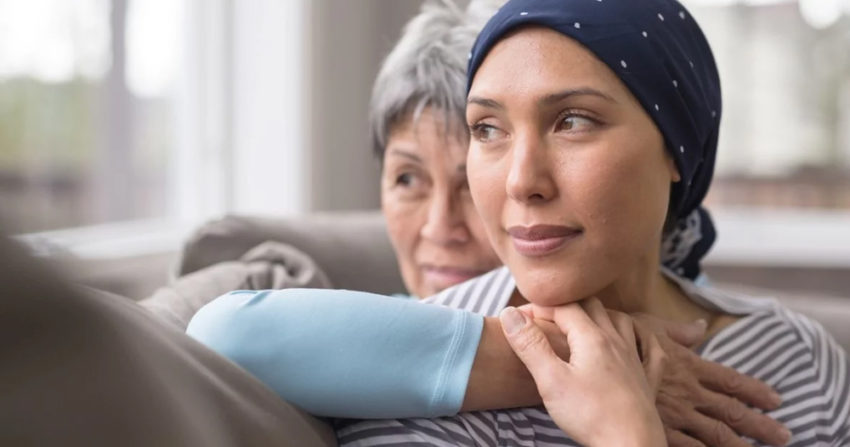En Español: Tools to Help Prevent Infections in Cancer Patients

The CDC Foundation is celebrating the 10-year anniversary of its Preventing Infections in Cancer Patients program by launching new bilingual resources to improve support for Latino and all cancer patients undergoing chemotherapy. How Infection Can Happen During Cancer Treatment If you are getting chemotherapy, you may be at risk for getting an infection. This risk is highest when your white blood cell count is at its lowest (called neutropenia). White blood cells are the body's main defense against infections. An infection during chemotherapy can lead to treatment delays, hospitalization, and sometimes death. About 650,000 U.S. cancer patients get chemotherapy in an outpatient oncology clinic each year. More than 100,000 are hospitalized because of an infection, according to the ...
Read More